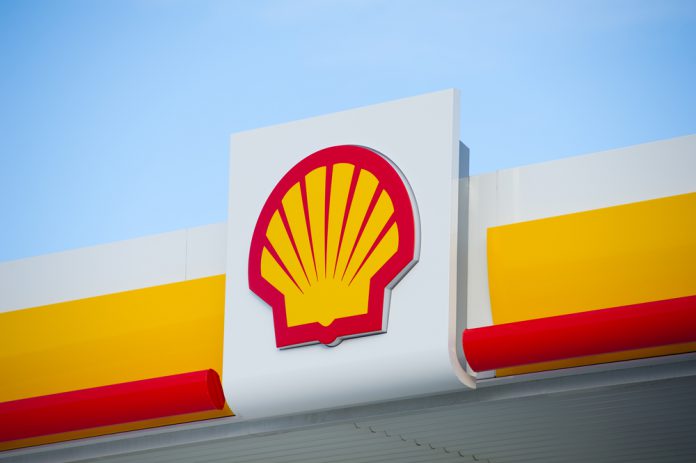Royal Dutch Shell (LON: RDSB) reported strong profits from the final quarter of 2017, as oil prices recovered.
According to Ben van Beurden, Shell’s chief executive, the strong profits were largely linked to the $10 average increase of oil prices in 2017 compared to 2016.
The group is, however, facing a multibillion-dollar bill after it promised to compensate householders affected by earthquakes linked to its gas field in the Netherlands.
“We are talking about the multibillion-dollar potential bill for years to come because these earthquakes will continue to occur, unfortunately. They are small earthquakes but nevertheless, they will continue to cause some damage here and there,” said Van Beurden.
Thousands of people are being affected by the earthquake tremors. In early January, an earthquake magnitude of 3.4 was measured.
“My ministry will be in touch with you shortly to talk about the issue and reach a joint decision,” Eric Wiebes, the Dutch minister wrote to the oil firms. “In the coming period, the government wants to phase out this consumption more quickly, so that by 2022 no industrial large-scale users using Groningen gas will in principle be measured.”
The price of oil is expected to continue rising throughout 2018. This week, Goldman Sachs raised its six-month forecast for Brent crude from $62 per barrel to $82.50 per barrel.
“Importantly, all the pillars of the New Oil Order remain intact in our view so this is a cyclical call,” wrote Goldman analysts.
“Even if prices continue to go up and we generate more cash, we’re not going to go above our $30bn ceiling,” said Shell’s chief financial officer, Jessica Uhl.
With Donald Trump’s new tax system, Uhl said the corporate tax rate drop from 35 to 21 percent would cause “material improvement” in performance in the long run.
Shares for Shell dropped by 1.3 percent on Thursday morning to £24.62.

